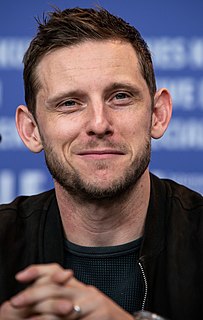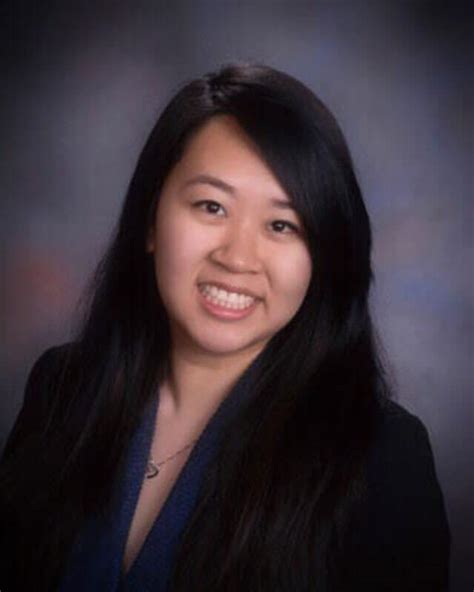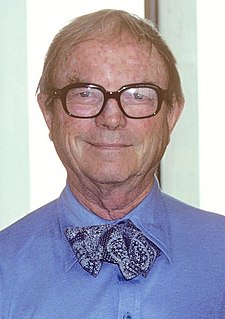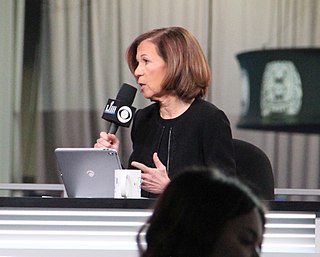A Quote by Jamie Bell
My characters are often without a significant parental figure.
Quote Topics
Related Quotes
Students typically are at a period of their lives when they're more free than at any other time. They're out of parental control. They're not yet burdened by the needs of trying to put food on the table in a pretty repressive environment, often, and they're free to explore, to create, to invent, to act, and to organize. Over and over through the years, student activism has been extremely significant in initiating and galvanizing major changes. I don't see any reason for that to change.
There are movies where actors aren't characters but movie stars, being cool beyond belief throughout the whole movie. That is what it is. And we reveal ourselves when we act, very often without noticing. But if I can manage to do a character without showing anything of myself, then that's the ultimate goal for me. No leakage.
The most significant moment will be when we stop referring to the hiring of qualified women (and racial, ethnic and religious minorities) as significant. In other words, when qualified people are hired without regard to race, gender, ethnicity, religious or other differentiating characteristics, that will be the most significant, indeed momentous, event of all.
I moved to Des Moines when I was 15. I asked my mother to give up costody and sign parental rights over to my grandmother, who I lived with while I went to school. I was clean and finally starting to figure myself out. I can only say that now without laughing. I was still very out of my own place, and I didn't even know what that place was. All I knew was that I could write music, that I had no idea what that could mean and that I was still surrounded by people I couldn't relate to. I hadn't found my tribe yet.




































